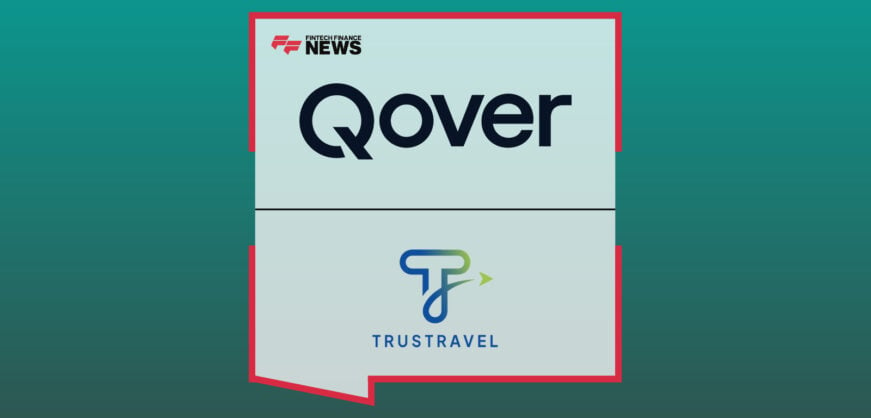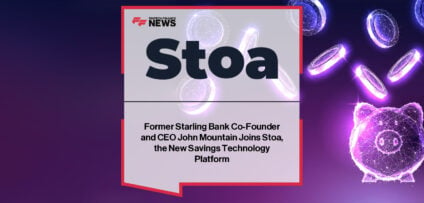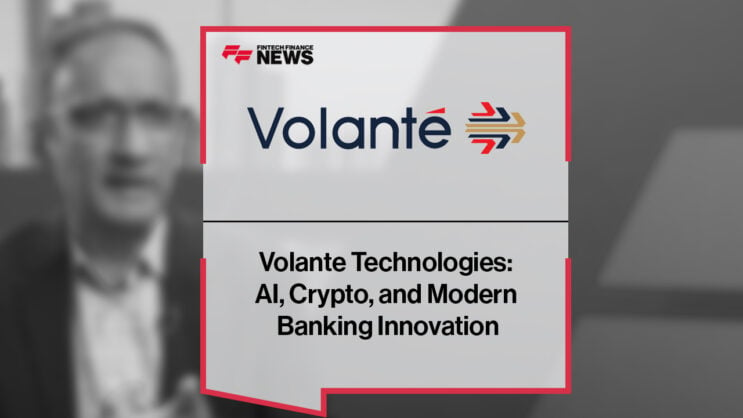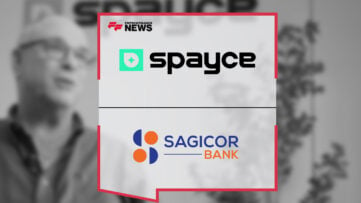Breaking News

Building a Better Open Banking Strategy
Arnaud Crouzet, VP of Security and Consulting at FIME
Described as “an inevitable and accelerating structural trend”, open banking is top of the agenda for Europe’s banking and fintech world. With the consumer at the core, this trend will see a wave of valuable services delivered and, for many banks, the realization of new revenues.
With immense regulatory requirements, technical complexities and, of course, budgets to navigate, realizing the “inevitable” has had a challenging start. There are a number of important tactics and considerations, though, that can help fast-track compliance, ensure security and realize success.
Trusting (and testing) times
Agility is key – but it needs to be balanced with trust. While consumers will applaud open-access accounts and new digital services, any break in service or data compromise could be fatal. In fact, 46% of consumers in the UK are concerned about the security implications of open banking-enabled solutions.
As achieving compliance requires such an extensive, complex revision to banks’ back-end infrastructure, this needs to be planned and managed sensitively. By crafting a strong development and testing plan at the start of projects, banks can ensure new APIs are functional, secure and delivered on-time.
Fight the friction!
Last month saw the passing of the September 14 deadline to implement Strong Customer Authentication (SCA). And, while a number of banks have been how they’ve muscled up their authentication, challenges remain.
Deciding how to implement SCA, which authentication channel it will go through and how it impacts the user experience are all central points of contention. Not to mention the importance of ensuring multiple form factors function consistently. Too many points of friction in the payment experience will frustrate consumers, and dissuade them from using services. As such, technologies such as biometrics and EMV® 3D-Secure are compelling options for many banks, adding security while minimizing the impact on UX.
The standard strategy
From STET in France and OpenBanking UK (OBUK), to the pan-European Berlin Group’s NextGenPSD2 API standard, various open banking trailblazers are pooling resources in an effort to streamline and standardize the launch and operation of open APIs. While resource can be invested internally to develop new tailored APIs, these standards and external ‘hubs’ can offer considerable time and cost efficiencies.
As such, these standardization efforts are becoming increasingly important. For banks and application developers, they’re offering a simpler way to ensure regulatory compliance, security and seamless interoperability.
Implementing change
In an age of such high complexity, finding the right partner can take the strain and maximize banks’ open banking strategies. For example, third-party consulting and testing expertise can expedite the design and implementation of a robust testing framework. Additionally, while minimizing the risk of data compromise and ensuring interoperability, partners can also be considerably more cost-effective and agile than trying to source in-house expertise.
This all reduces the internal resource needed to achieve compliance, which can then be invested in developing new, innovative services for customers.
FIME is supporting both banks and third-party providers (TPPs) globally to define, design, deploy and validate their open API strategy and digital transformation projects. Learn more about our open banking services here.
- Volante Technologies: AI, Crypto, and Modern Banking Innovation Read more
- Payment Spayce and Sagicor Bank: Innovating Fintech for the Caribbean Market Read more
- Top Companies Supporting Former Workers with German Pension Refunds Read more
- Trust Travel, a TUI Brand, Partners With Qover to Deliver Seamless Travel Protection at Booking Read more
- New Partnership Introduces First-of-its-Kind Model To Democratise Olympic Sailing Read more













